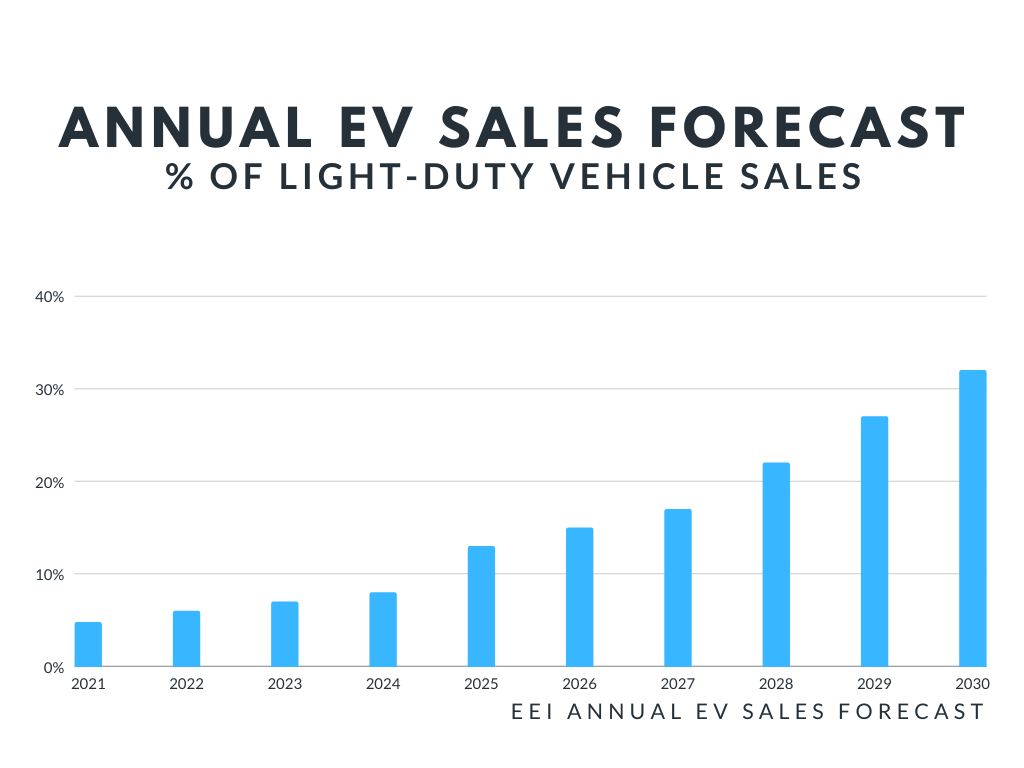SWK Group
Problem
EVs are the future of transportation. With 26.4 million EVs forecast on U.S. roads in 2030, readily available EV charging infrastructure is essential for consumers, enterprises, universities, and fleets.
EV charging stations report on EV charging but not on the availability of parking at the EV charging station. When Internal Combustion Engine (ICE) vehicles block EV charging spaces, known as “ICEing”, or when EV vehicles park beyond charging, charging station utilization is limited, and EV users must find charging elsewhere.
In the commercial EV charging space, EVs deployed for e-commerce delivery and courier services are skyrocketing, driving demand for centralized commercial EV charging stations. The lack of real-time charger availability information, especially during peak hours, significantly limits the efficiency and user experience of many commercial EV charging depots.

With more than 26 million EVs anticipated to be on U.S. roads in 2030, the future of transportation increasingly looks to be electric. Customer demand for EVs has continued to outpace the expectations from industry analysts, causing nearly every forecast to be revised upwards. Commitments from policymakers and the largest automakers signal a much higher ceiling for transportation electrification this decade than was expected only a few short years ago.
Edison Electric Institute, June 2022

Solution
Nwave optimizes EV charging operations to help drivers find available EV spaces, make reservations, locate the space, and pay. Nwave’s EV parking management increases the utilization of EV charging stations for greater efficiency and profitability and improves the customer experience. With Nwave’s real-time parking data, operators can maximize the use of the existing infrastructure while reducing the costs associated with expanding their overall EV charging network.
Nwave’s EV parking space management relies on its wireless parking sensor that provides accurate space occupancy data in every environment, including EMI-reach, the outdoors, and even in the harshest weather conditions.
Nwave wireless surface-mount sensors have been deployed in Krefeld, Germany, to optimize SWK’s public EV charging stations. Nwave sensors continuously monitor EV Charger occupancy for real-time EV parking availability shared on SWKs public Dashboard.
“At SWK, we are working on creating a smarter and more sustainable environment for Krefeld city residents. One of the key goals of that journey is to reduce parking search traffic, especially for EV charging and disabled spaces. We have tested numerous LoRaWAN sensors. The Nwave sensor delivered the best results: it accurately and quickly detects occupancy status. The surface mount version has an extremely thin and snow-plow-resistant profile which is important for our region. Another big advantage is the user-friendly app, which makes it easy to configure the sensor over Bluetooth. We are also delighted with the customer service from Nwave and their comprehensive technical documentation.”
Julian Deymann, Project Manager IoT at SWK
About SWK
The SWK Group is a regionally oriented municipal group of companies operating in three business areas: sustainable energy and water, transport, and waste disposal. The group offers comprehensive infrastructure services for private households and companies in Krefeld and the Lower Rhine region.
Since 2019, SWK Mobil (public transport subsidiary) has been supplementing its mobility offering with e-scooter sharing (SWK KRuiser) and an on-demand service with hybrid vehicles in the London taxi design (my SWCAR). In addition, SWK has been cooperating with the car-sharing provider Stadtmobil Rhein-Ruhr since the end of 2013 and offers the possibility of e-car sharing at various points in the Krefeld city area.
Learn more at www.swk.de/privatkunden/mobilitaet
See how real-time space availability data, enabled by Nwave vehicle detection sensors, increases the value of EV charging point operations using our ROI calculator

